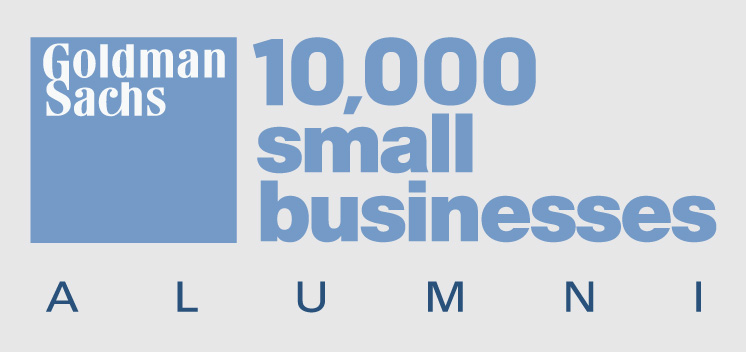Public health campaign to tackle ‘laughing gas’ misuse recognised
1/07/2021
TRADE ASSOCIATION PR
The trade body representing the UK’s compressed gases industry has been recognised for its work in calling for a retail ban on nitrous oxide.
A public heath campaign by the British Compressed Gases Association (BCGA), highlighted the dangers of abusing nitrous oxide – also known as ‘laughing gas’ – and called for a ban on retail sales of the product.
Now the BCGA’s work in raising public awareness has been recognised at the Memcom Awards 2021, with the trade body shortlisted in the Best Public Awareness Campaign accolade.
The BCGA’s call for a retail ban would allow nitrous oxide to continue to be used in commercial settings such as catering, medicine and industry, but would prevent sales direct to members of the public.
It is already an offense under the Psychoactive Substances Act 2016 to supply nitrous oxide for inhalation without an appropriate medical license and qualified supervision.
But ONS figures show the gas is the most commonly used substance by 16 to 24-year-olds after cannabis.*
Misuse of nitrous oxide can cause permanent damage in the central nervous system, leading to loss of peripheral feeling, motor control and even paralysis. It can also be fatal.
After working with the Government to ensure the inclusion of nitrous oxide in the 2016 Act, the BCGA launched the campaign for a ban on retail sales of the gas in 2020.
The campaign – which included press coverage, an information leaflet and a briefing document for MPs – reached millions of people across the UK, highlighting the public health issues relating to nitrous oxide and the reasoning behind the call for the retail ban.
Chief Executive of the BCGA, Ellen Daniels, said: “Our campaign has made great strides in raising public awareness of the misuse of nitrous oxide – and significantly advanced our cause in calling for a retail ban.
“If the Government legislates in line with our proposals, the supply of nitrous oxide would be protected for legitimate use in industry, food services and the health sector, while safeguarding against its misuse.”




No comments yet.